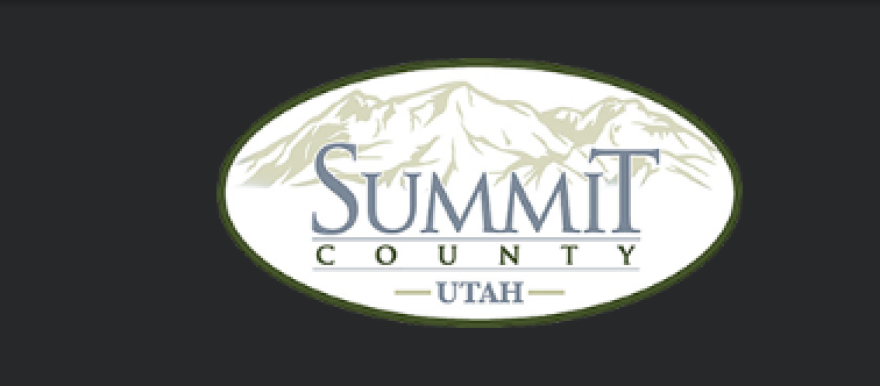The sales tax in Summit County went up by another quarter of one percent today (Monday), pushing the rate in Park City to the highest rate in the state. Carolyn Murray has this:
The new sales tax rate in Park City is now 8.7%. In the unincorporated areas of Summit County, the rate is 6.8%. In the Snyderville Basin the sales tax is up to 7.1%.
In 2017, the state legislature passed a law allowing county governments to enact the two tax increases. Summit County was one of three counties that took advantage of the opportunity to help fund road projects and public transit.
The first increase - for a quarter of one percent - took effect October 1st. The money will be used to pay for projects like the Ecker Hill Park and Ride as well as the roundabouts off the Jeremy and Pinebrook exits from Interstate 80. The second tax - for a fifth of one percent - can only be used for transit systems. That will help fund new electric busses. That tax increase takes effect next July.
The tax dollars collected this year will be divided three ways between the county’s municipalities, a transit systems fund and the county’s general fund. Summit County Finance Officer Matt Leavitt says the revenue from the first increase will be about $3.5 million dollars.
“You’re taking roughly $3.5 million dollars and splitting it three different ways, 40 percent here, 40 percent there and 20 percent back to the county. It’s like trying to explain the Internal Revenue Service code in 15 words or less."
The county bonded against the expected revenue in order to pay for the road projects done this summer.
A July 12th letter from Summit County Manager, Tom Fisher to business owners explained the decision the county made to impose the tax increase. Fisher said the decision is a response to the Governor’s request that counties take the opportunity to use sales taxes to enhance transportation and transit challenges for the state’s growing population.
Park City Lodging President Rhonda Sideris said it’s difficult to bring another tax rate increase to customers a second year in a row.
“We were given a heads up about it but not very much notice. And it just came on the heals of the increase with Arts and Culture. The issue is for us, Park City Lodging, and I can probably speak for most people in the Lodging Association, when we don’t have advance notice…we’ve already got reservations on the book for 2020. That’s how groups work and when we have to go back to them and say for the second year in a row, oh guess what, we have a tax increase. For the last one, the Arts and Culture, we actually had to prove to them this was a real tax because we actually had a couple of groups that couldn’t believe it. And, then when we had to go back to them this year, and say oh guess what, it happened again…”
Sideris says group reservations are most impacted because if a hundred rooms are booked for an event, it can be a significant addition to the hotel bill. For now, she thinks lodging won’t be too affected in Summit County and Park City.
“The county was very forthcoming. They were really inclusive of the lodging association, the chamber, the historic Park City. They were very, very good about giving their presentations and asking for our feedback which was greatly appreciated because we didn’t get that opportunity with the Arts and Culture. It’s not going to affect lodging because I don’t think we compete right now. We don’t compete with Wasatch County right now but when Deer Valley builds out, we will be competing with Wasatch County.”
Leavitt said the staff reached out to a variety of county business sectors before deciding to implement the increase. He says it was a mixed response.
“If revenues received from this particular sales tax can go back into the infrastructure and improve the roads and improve those things that it’s designated for, whether it’s the transit next year. Those industries were somewhat favorable. I do understand that there are some industries that are a little less favorable. And, those would be the ones that sell big ticket items. For example, you’ll kind of notice it on the sale of a $20,000-dollar car. It’ll be another 50 bucks.”
One hundred percent of the revenue from this year’s tax rate increase will be retained in Summit County. After next July, a portion will be distributed throughout the state to those counties participating in the tax rate increase program.
The increase only applies to retail sales. It will not affect groceries and fuel.
Leavitt says the county is sensitive to the impacts on citizens but is obligated to make sure the transportation assets, the roads and transit mobility get properly funded.
https://tax.utah.gov/salestax/rate/18q4combined.pdf


